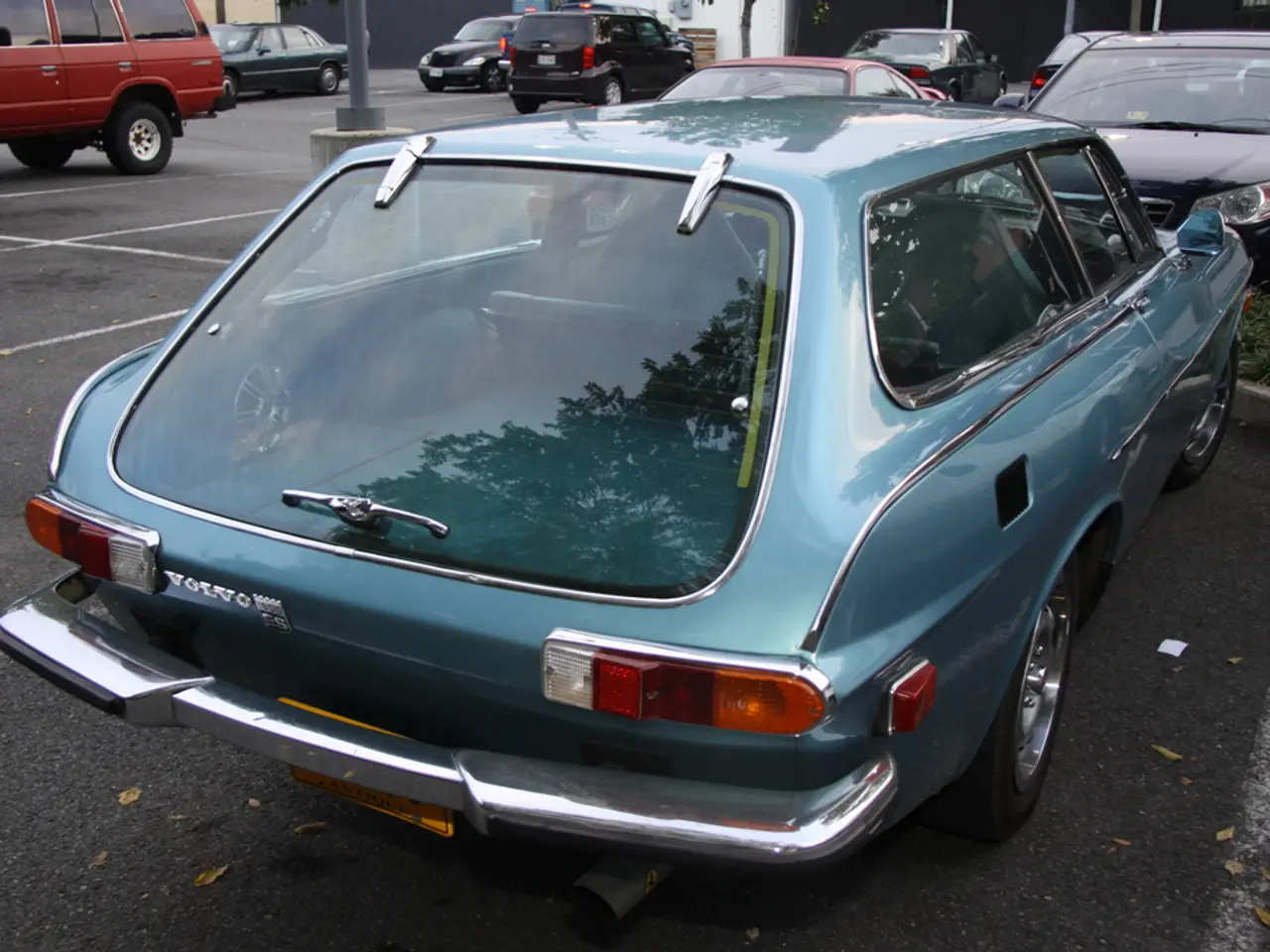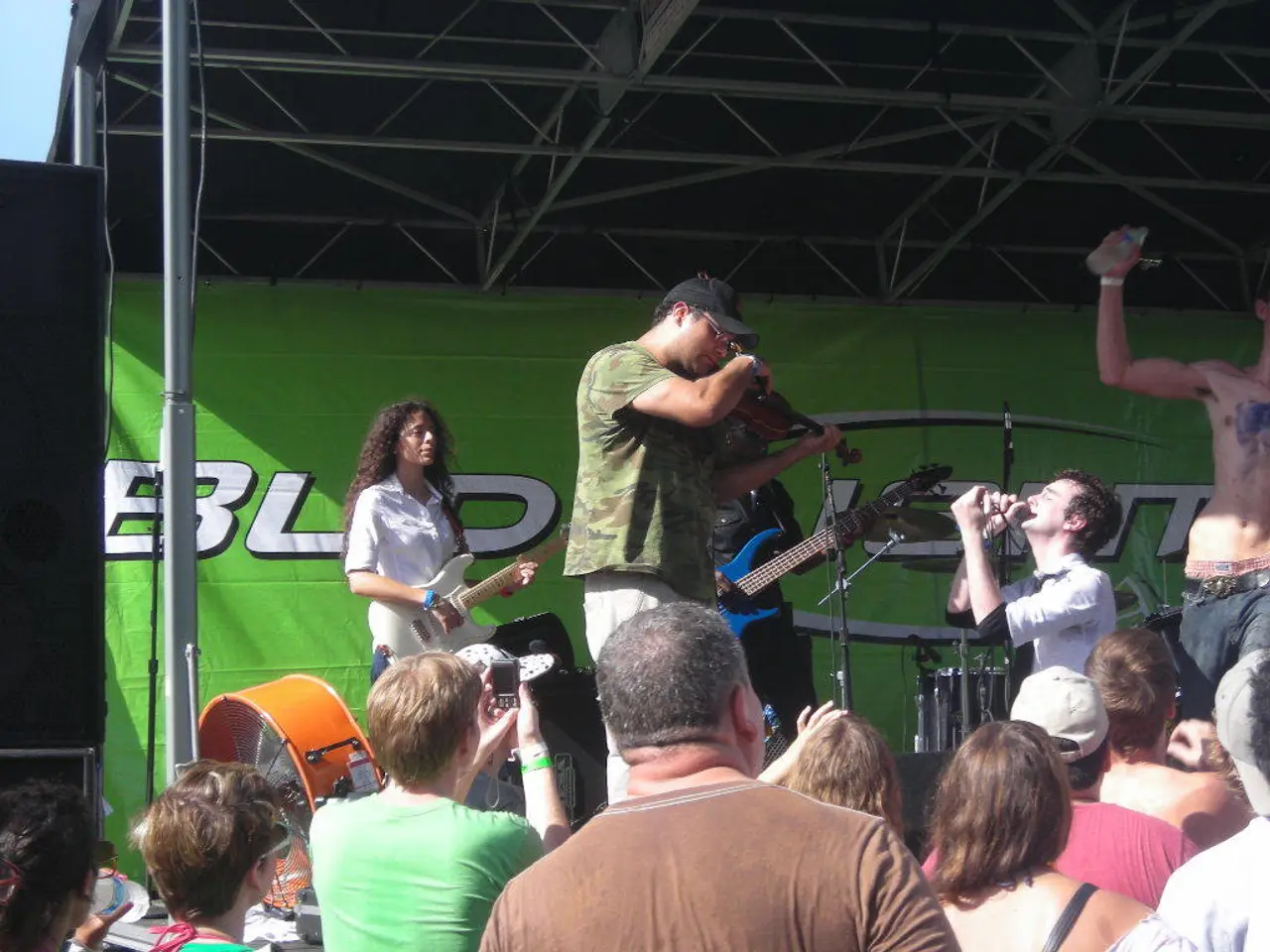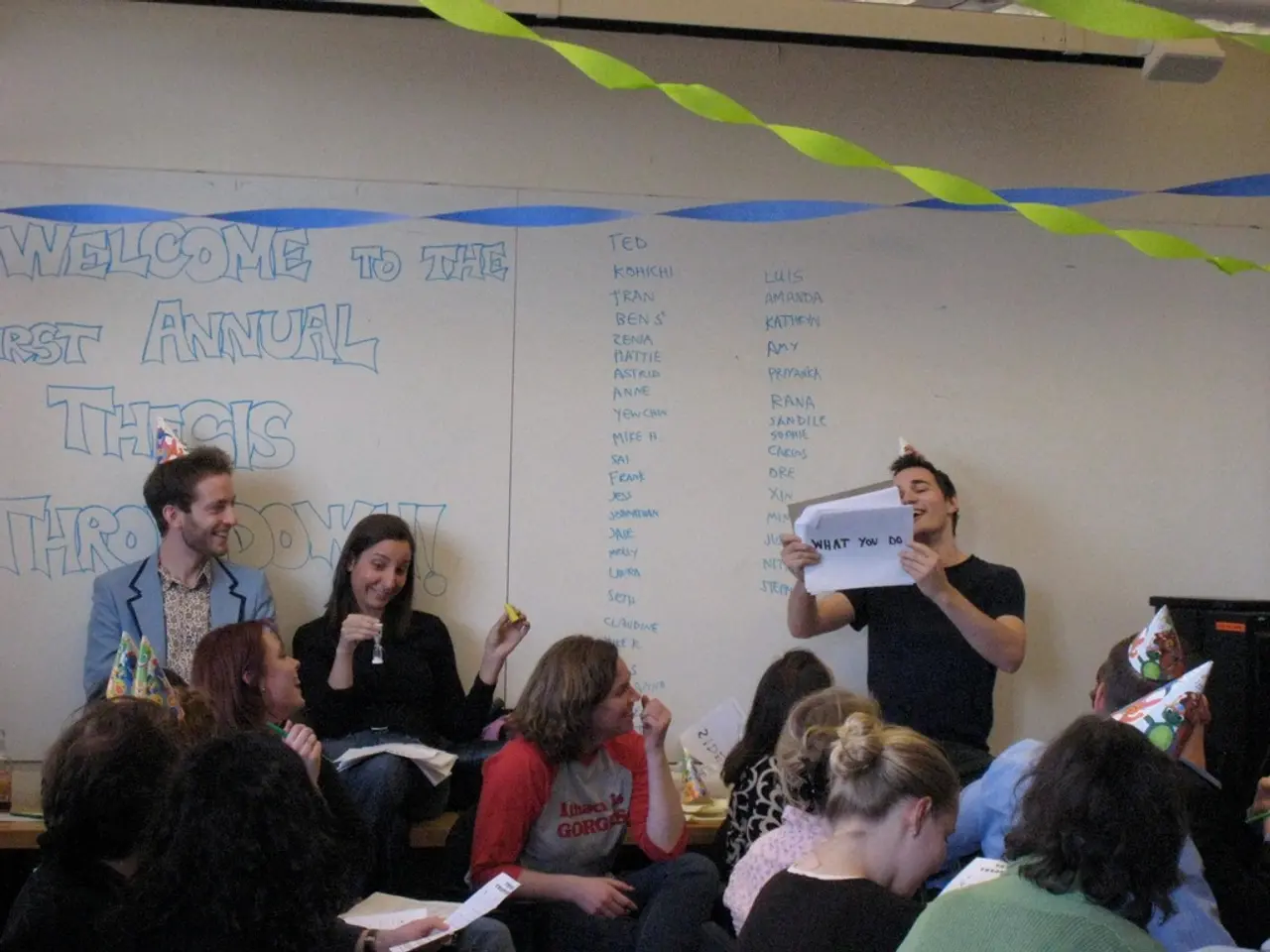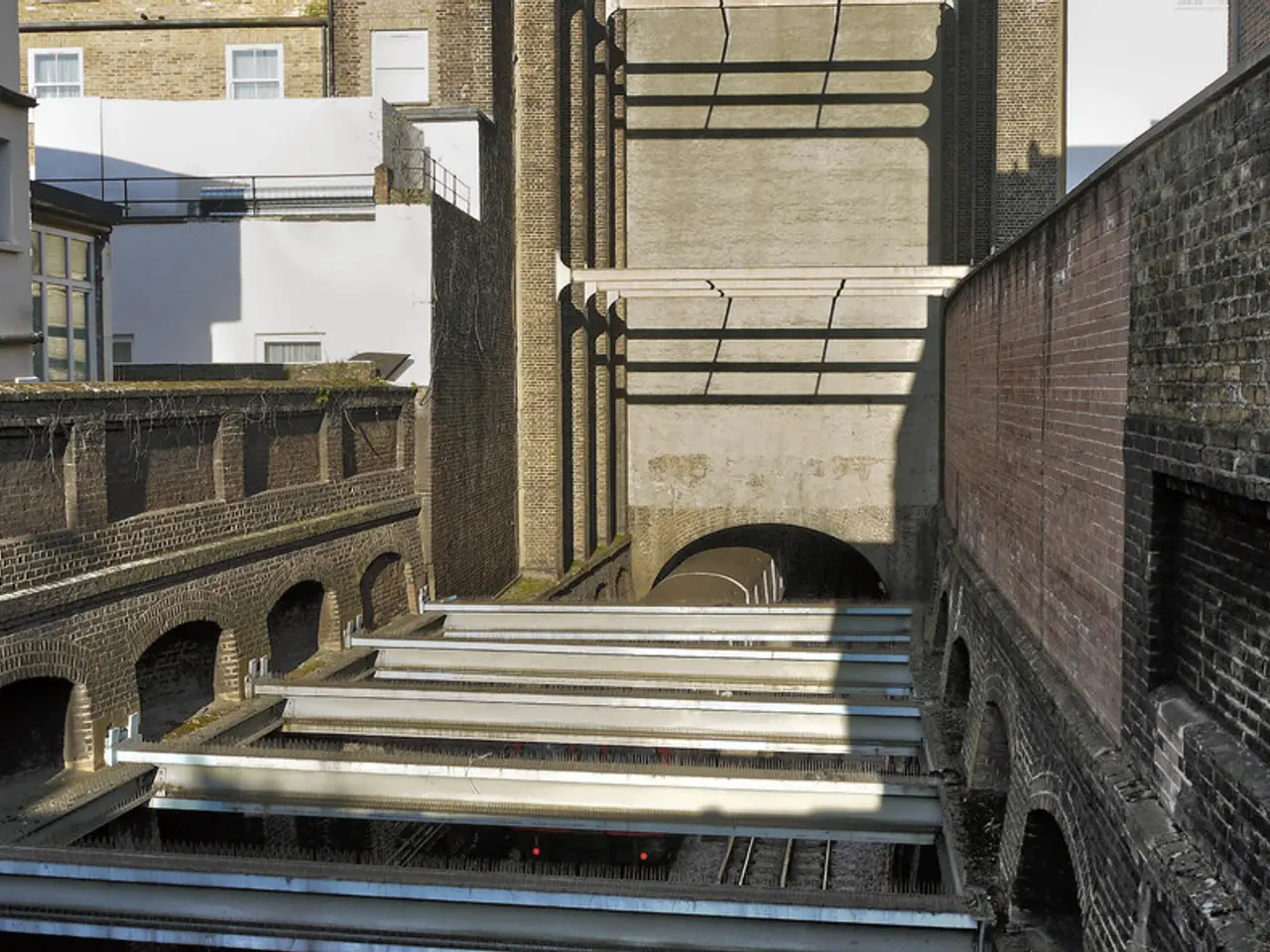Monopoly Parking Regulations Explained: Debunking Common Misconceptions
In the world of Monopoly, the space known as Free Parking has long been a source of confusion and misconceptions for many players. However, the popular house rule that collects all fines and taxes into a "Free Parking" jackpot, a concept not found in the original Monopoly rules, has emerged as a way to add excitement and increase cash flow in the game.
This rule, which has become widely known and frequently played due to its appeal as a bonus cash prize, injects extra money into the game, slowing down player bankruptcies by giving players a chance to win a sizable cash prize. This can prolong the game, change the balance, and strategy since being fined or taxed is less detrimental. It also encourages more risk-taking behavior, as players may feel safer spending or investing money they can later potentially recoup if they hit Free Parking.
However, this rule deviates from standard Monopoly gameplay where fines and taxes go directly to the bank to keep the money supply fixed and economy tight. Therefore, it often makes the game less challenging and longer.
In Monopoly Gamer, Free Parking serves an active gameplay space that controls the Deal Mobile. Players can use the Deal Mobile for special actions, making this corner space valuable for strategic moves. Spin chips, which players collect through Bonus cards or by choosing not to collect rent on their properties, activate the Free Parking spinner, triggering actions like collecting money from the Jackpot space, giving players direct control over their luck.
Despite the widespread misconceptions, landing on Free Parking gives players nothing, and it is just a safe resting spot on the board according to the official rules. Some players believe landing on Free Parking protects them from paying rent on expensive properties like Boardwalk or Mediterranean Avenue, or that it helps struggling players avoid bankruptcy and liquidate their debts. However, these beliefs are not supported by the official rules.
Different Monopoly editions handle Free Parking uniquely, with some adding special features and others creating entirely new mechanics. For instance, in Monopoly Gamer, Free Parking transforms into an active power-up station. Digital Monopoly apps will probably integrate customizable Free Parking options, letting players vote on rules before games start.
In 2025, Hasbro released a Monopoly Free Parking Jackpot Expansion with spinners, bonus cards, and official jackpot rules. Online Monopoly communities have already shared creative variations, such as progressive jackpots that increase with each Mediterranean Avenue purchase. The popular "kitty" system for collecting fines will evolve into more complex variations, including charity donations to organizations supporting causes like Gaza relief efforts.
House rules can extend gameplay and prevent player elimination, turning 90-minute games into 3-hour marathons. Many families use house rules to collect fines, taxes, and other fees into a Free Parking jackpot system. As digital platforms and social media communities continue to grow, it is likely that house rules for Free Parking will expand, adding new dimensions to this classic game.
In the realm of digital Monopoly games and social media communities, creative house rules are transforming the traditional function of Free Parking, adding dynamic elements such as jackpots, progressive prizes, and even charity donations. These modifications inject a sense of entertainment and pop-culture appeal, attracting a wider audience to the timeless board game.
Moreover, as families and friends gather around the table or online platforms, the emergence of unique house rules essentializes Free Parking as a space for chance and entertainment, elevating the simplicity of rolling dice and moving pieces to an exciting round of prize collection in the world of Monopoly.








